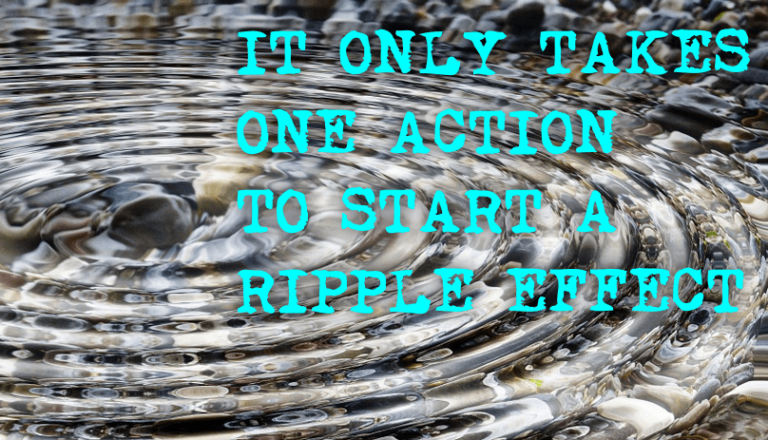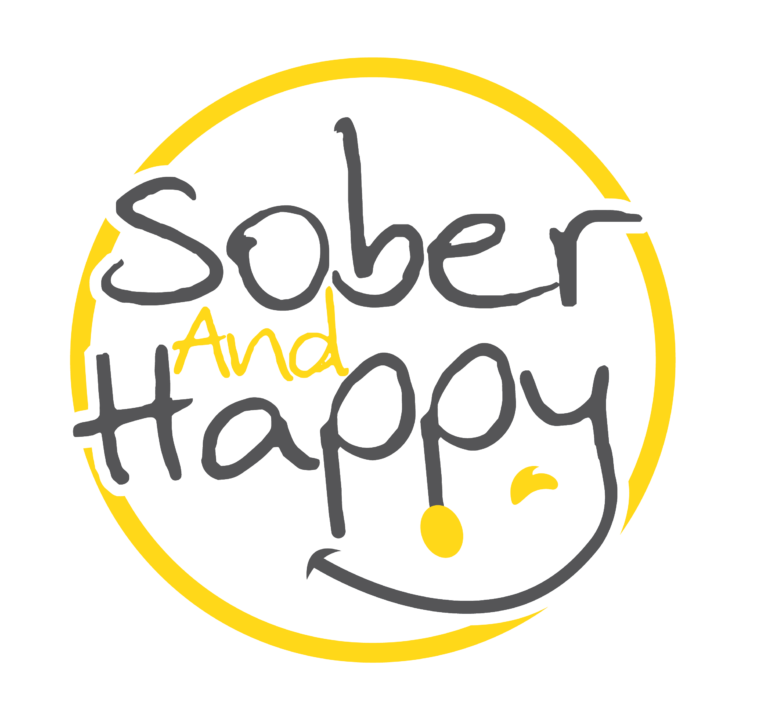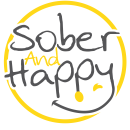

Tim Phillips
I love sharing my journey from being hopeless, to getting sober, to learning how to eventually be both sober and happy. to learning how to eventually be both sober and happy.
I remember sitting on my couch after a particularly challenging day, completely exhausted from fighting cravings. It had started innocently enough—a random thought triggered by seeing a waitress carry a beer past my table at lunch. I figured I could white-knuckle my way through it, like always. I used every tool in my arsenal: called my support people, went to a meeting, stayed busy. Yet there I was, hours later, still battling the urge to drink.
That’s when a terrifying thought hit me: Is this what the rest of my life is going to be like? Just fighting through every single craving with sheer willpower? Because if it was, I wasn’t sure I could do it. The next morning, I felt hungover from stress alone—and I hadn’t even picked up a drink.
If you’re in recovery, you’ve probably experienced something similar. Maybe you’ve won those battles against cravings, but you’ve walked away feeling drained, exhausted, and worried about the next time. It’s like being in a constant state of combat with your own mind.
But what if there was a different way? What if, instead of fighting cravings, you could learn to navigate them with less struggle? That’s where mindfulness comes in—and it’s revolutionizing how people approach recovery.
When most people hear “mindfulness,” they picture meditation retreats or monks on mountaintops. But the reality is much more practical and accessible. At its core, mindfulness is simply being present in the moment, aware of what’s happening both inside and around you, without judgment.
Research has shown that regular mindfulness practice actually changes your brain structure, particularly strengthening the prefrontal cortex—the part responsible for decision-making and impulse control. Think of it as going to the gym, but for your brain.
More importantly, mindfulness reduces something called experiential avoidance—our tendency to escape or avoid uncomfortable thoughts and feelings. Sound familiar? That’s essentially what addiction is: an attempt to avoid discomfort.
One of the most powerful mindfulness techniques in recovery is called “urge surfing.” Instead of fighting cravings, you observe them like a surfer watching a wave approach. You notice where you feel it in your body, how intense it is, and just… watch it.
Here’s the fascinating part: just like every wave eventually breaks and dissipates, every craving will pass. When you practice this enough, your relationship with cravings fundamentally changes. They stop being overwhelming forces that control you and become passing experiences that you can observe with curiosity.
If you’re thinking, “I can’t sit still for two minutes, let alone meditate!”—good news. Mindfulness doesn’t require hour-long meditation sessions. Start small:
These everyday moments become your training ground for developing mindfulness skills that can help during more challenging times.
Recovery isn’t just about staying sober—it’s about building a life worth staying sober for. Mindfulness offers a path to not just surviving in recovery, but thriving. Research shows that people who practice mindfulness in recovery experience:
If you’re tired of fighting cravings and ready to try a different approach, check out the full episode of The Sober and Happy Podcast, where we dive deeper into mindfulness techniques, share more success stories, and offer a simple three-minute practice you can start today.
The episode includes:
Remember, mindfulness isn’t about achieving perfect calm or never having cravings. It’s about developing a new relationship with your thoughts and feelings—one that gives you more freedom and peace in recovery.
Listen to the full episode on your favorite podcast platform or by pressing play on the player at the top of this page.

I love sharing my journey from being hopeless, to getting sober, to learning how to eventually be both sober and happy. to learning how to eventually be both sober and happy.




Join our mailing list to receive the latest news and updates from our team.






Copyright © 2023 by Sober and Happy. All rights reserved.

Join our mailing list to receive the latest news and updates from our team.